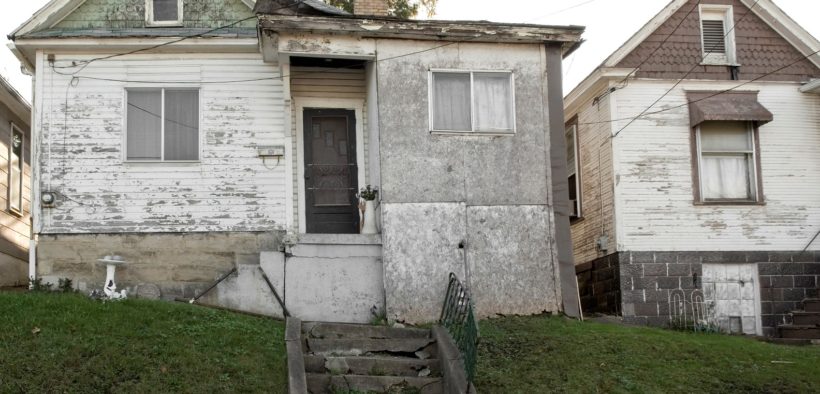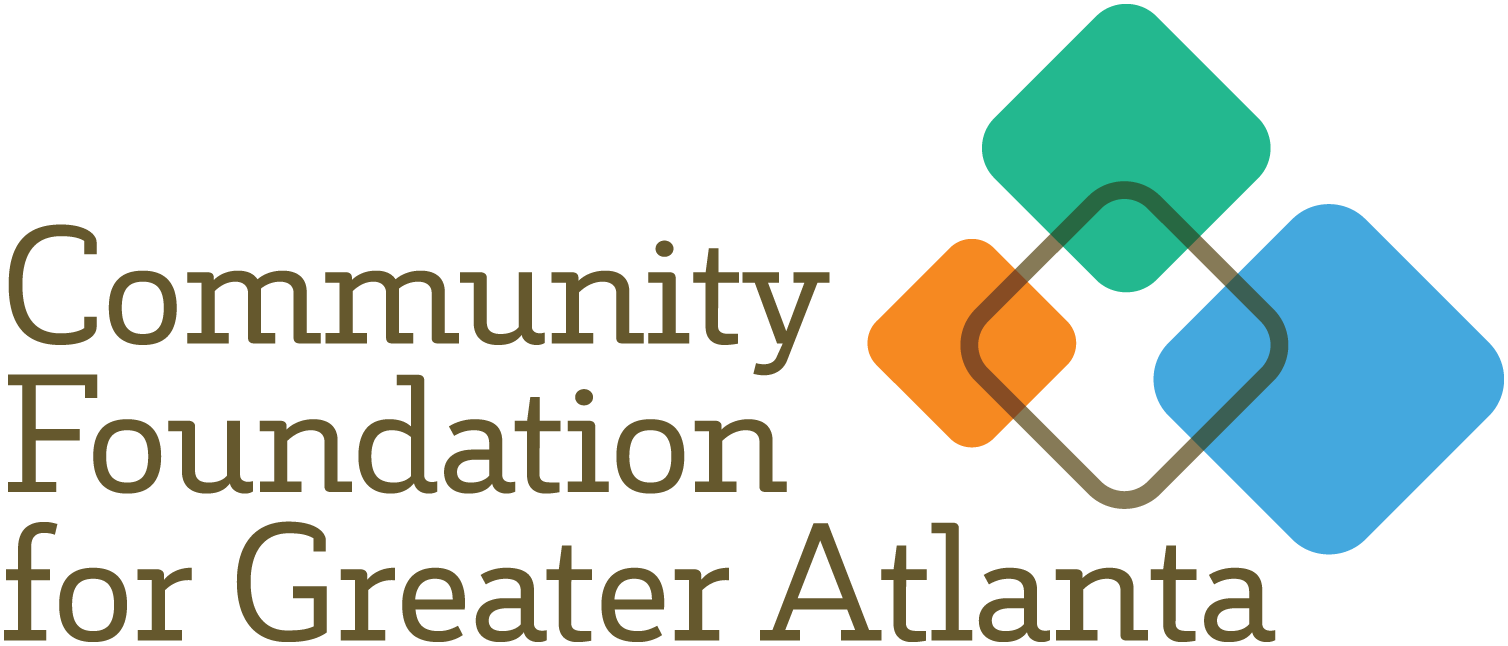
By Lauren Priest, program officer
Despite the prevailing narrative around his life and work, Dr. Martin Luther King, Jr. was no moderate, nor was he particularly popular during his lifetime. Dr. King was a bold, outspoken, radical thinker.
In honor of Dr. King, this article ventures to share some uncomfortable truths about poverty and economic injustice – what he called one of the three evils of society, alongside racism and militarism. In order to end poverty, make our economy more just and reduce racial income and wealth gaps, we must first face the truth.
Here are four uncomfortable truths about poverty:
Poverty is racialized, as it always has been.
In 1958, Dr. King wrote that he had “learned that the inseparable twin of racial injustice was economic injustice.” These twins remain conjoined today. In 2016, the net worth of a typical white family was about ten times that of a typical Black family. Today, the median income for white households in Atlanta is almost three times higher than the median income for Black households. The pandemic is likely to have exacerbated these racial disparities, due to its disproportionate effect on Black families.
What’s more, the racial wealth gap is now wider than it was in 1963, and continues to grow. We cannot begin to tackle poverty until we grapple with racism in this country and take intentional steps to root it out.
Inequality is baked into our systems.
While many of us understand the inequality of systems of the past, such as Jim Crow segregation, legal discrimination and redlining, we don’t always understand the ways in which those injustices persist. Wealth accumulation is generational and has generational consequences. White families are still benefiting from the wealth-building opportunities they have been given throughout history, while Black families are still hurting from the ways they have been excluded and barred from those same opportunities.
Although explicit racial discrimination is illegal, many of our systems and policies were designed, as Dorothy A. Brown points out in her book, “Whiteness of Wealth,” “with white Americans in mind… [and] ignore the reality of societal differences based on race”. This yields systems and policies that, although well-intentioned, produce unequal results for Black families when they pay taxes, buy homes, attend colleges and universities, access banking services, and work to provide for their families.
Our safety net is a Band-Aid, not a cure for poverty.
Dr. King, in assessing the anti-poverty programs of his time, described them as “fragmentary and spasmodic reforms” which “have failed to reach down to the profoundest needs of the poor.”
Our safety net is incredibly important. Program like SNAP, Medicaid, TANF, WIC, and Section 8 are crucial for those that rely on them, and they save lives. But none of these programs, separate or cobbled together, will come close to ending poverty.
Solutions must center people living in poverty, and those who have experienced both poverty and racism first hand.
There are many programs that make us feel good when we donate our time or money but don’t do anything to lift people out of poverty. If we’re going to get serious about ending poverty and economic injustice, we need to reevaluate our own personal philanthropy, priorities and volunteer time. We need to rededicate ourselves to solutions that work, and deprioritize things that don’t. Ending poverty and creating a more just economy will take all of us working together, intentionally.
This means designing policy and program solutions around people who live in poverty, people who have experienced racism first-hand, and their life experiences.
Here’s a more comfortable truth:
We can all start to be more intentional about economic justice now. Learn more about the Community Foundation’s Income & Wealth work through TogetherATL and how you can get involved here.
Note: This piece was originally published in the Saporta Report.
Categories
- Arts, Culture and Creative Enterprises6
- Book Club26
- Community107
- COVID-1934
- Donor Stories38
- Events30
- Great Grant Stories62
- Higher Ground168
- Housing and Neighborhoods14
- Impact Investing28
- Income and Wealth12
- Media22
- News158
- Nonprofits24
- Philanthropic Resources131
- Place-focused6
- Power and Leadership8
- Press Releases99
- Publications62
- TogetherATL19
- Uncategorized334
